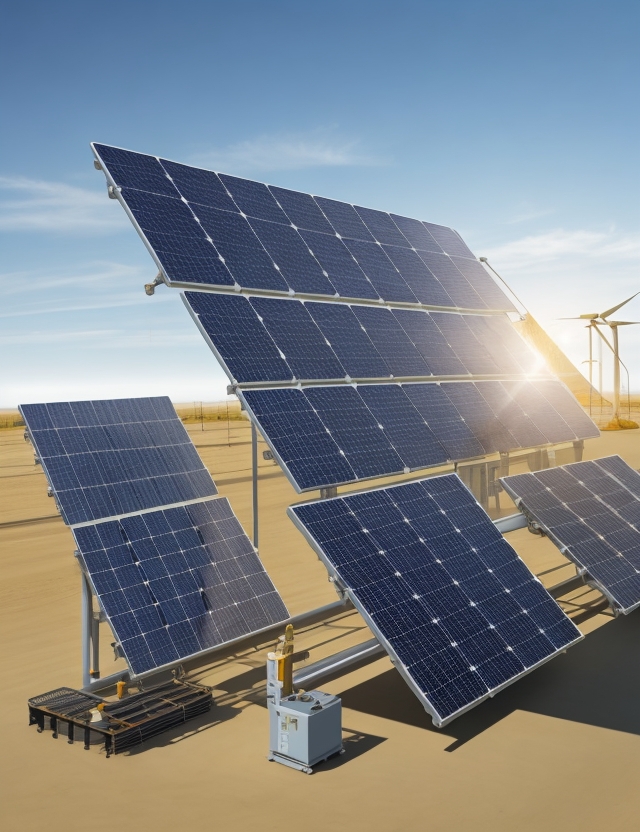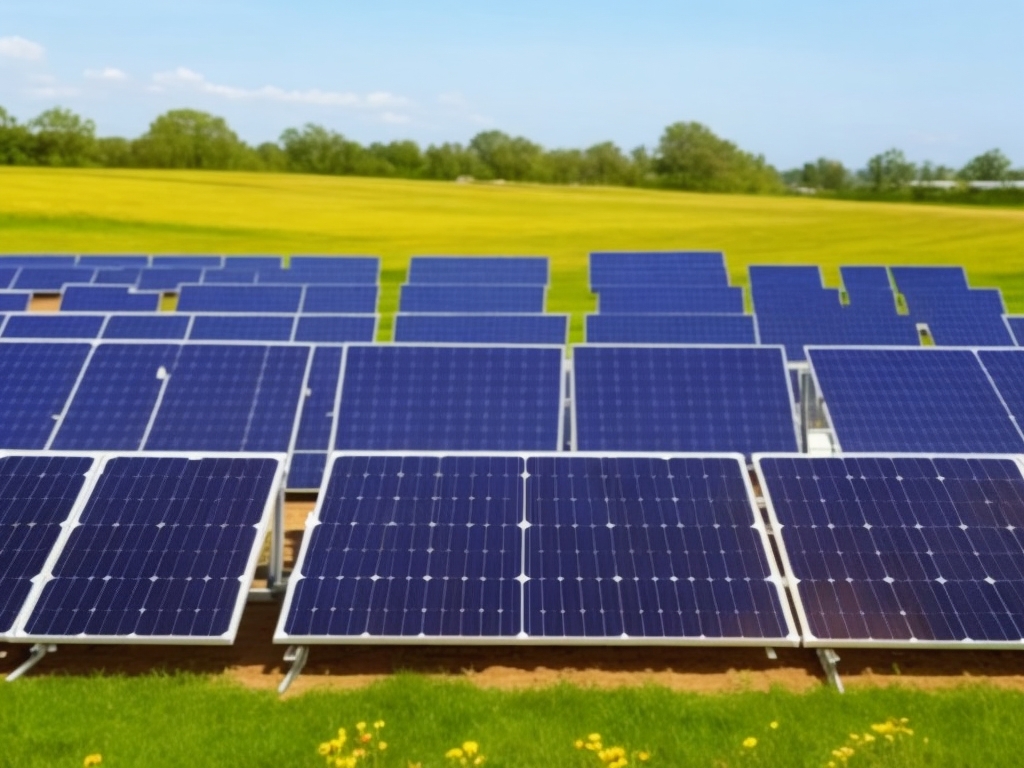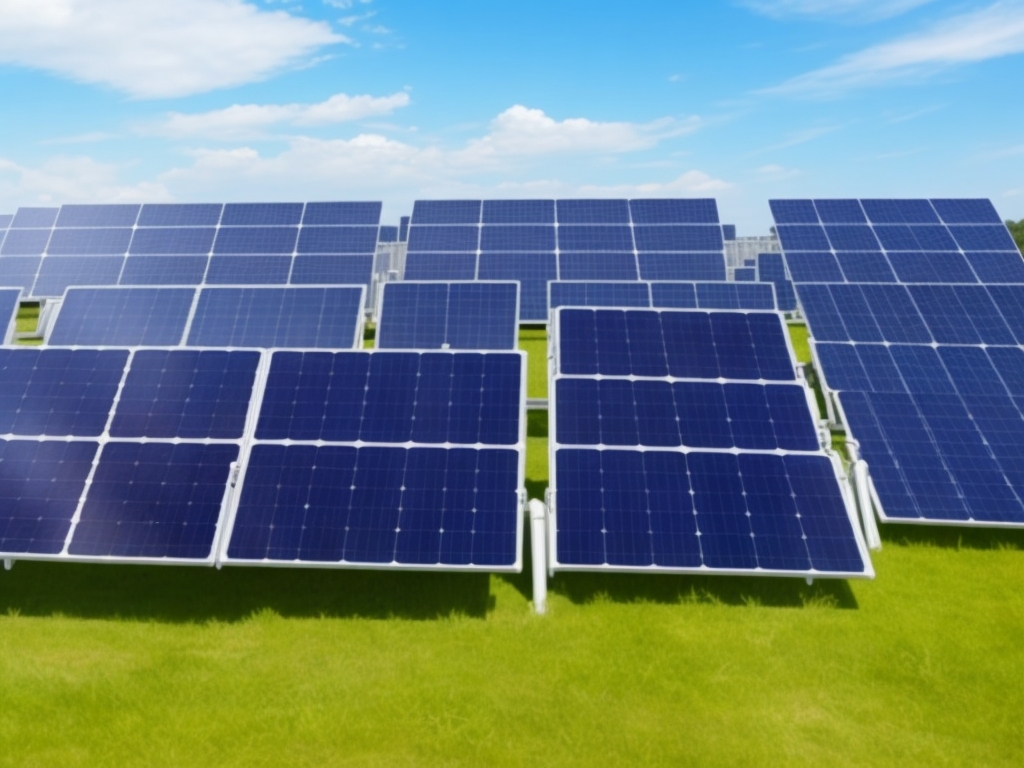EPC Service in solar
What Does EPC Mean in Solar?
EPC, which stands for engineering, procurement, and construction, refers to a comprehensive approach within the solar industry. In this context, EPC encompasses the entire spectrum of solar services, encompassing the design of the system, sourcing the necessary components, and executing the project’s installation.
Engineering: Designing Sustainable Solutions
The “Engineering” aspect of EPC in solar pertains to the meticulous design and engineering of solar power systems. This includes the creation of detailed plans and blueprints for solar installations tailored to meet the unique requirements of each project. Engineers working within the EPC framework ensure that the solar system is not only efficient but also sustainable, considering factors such as site conditions, energy production goals, and environmental impact.
Procurement: Sourcing Quality Components
The “Procurement” phase involves the sourcing and acquisition of all necessary components for the solar project. This includes solar panels, inverters, mounting structures, cables, and other essential materials. EPC contractors leverage their industry knowledge and networks to procure high-quality components from reliable suppliers, ensuring that the solar system meets performance expectations and industry standards.
Construction: Bringing Solar Visions to Life
The “Construction” phase is where the solar project transitions from plans to reality. EPC contractors oversee the installation and construction process, coordinating various activities such as site preparation, equipment installation, and electrical work. The goal is to ensure that the solar system is installed efficiently, safely, and in compliance with relevant regulations. The construction phase of EPC is crucial for bringing the solar vision to life and transforming sunlight into a sustainable energy source.
Six key steps involved in EPC service

Project Planning and Design
Initiate the project by thoroughly planning and designing the solar power system. This step involves site assessment, energy yield calculations, and creating detailed engineering plans to ensure optimal system efficiency and performance.

Engineering and Permitting
Execute the engineering phase, translating the design plans into actionable steps. Obtain necessary permits and approvals from relevant authorities to ensure compliance with local regulations. This step involves detailed engineering drawings, structural analysis, and electrical designs.

Procurement of Components
Source and procure all required components for the solar project. This includes solar panels, inverters, mounting structures, cables, and other necessary equipment. EPC contractors leverage their networks to ensure the quality and timely delivery of materials

Construction and Installation
Begin the physical construction and installation of the solar power system. This involves site preparation, foundation installation, mounting of solar panels, electrical wiring, and connection to the grid. EPC contractors manage the construction process to ensure adherence to timelines and quality standards.

Testing and Commissioning
Conduct thorough testing of the installed solar system to verify its functionality, performance, and safety. This includes checks for electrical connectivity, energy production levels, and compliance with technical specifications. Once testing is successful, the system is commissioned for regular operation.

Operation and Maintenance
After successful commissioning, enter the operation and maintenance phase. Regularly monitor and maintain the solar power system to ensure optimal performance over its operational lifespan. This includes routine inspections, cleaning, and addressing any issues that may arise to maximize energy production efficiency.
Benefits of EPC in Solar

Efficiency: EPC streamlines the solar project development process, reducing delays and ensuring timely completion.
Quality Assurance: EPC contractors leverage their expertise to source high-quality components and adhere to industry best practices during construction.
Cost-Effective: By managing the entire project lifecycle, EPC can optimize costs and prevent budget overruns.
Single Point of Contact: Clients benefit from having a single entity responsible for the project, simplifying communication and coordination.

Conclusion: EPC in the solar industry represents a comprehensive approach to solar project development. By integrating engineering, procurement, and construction services, EPC contractors play a pivotal role in advancing the adoption of solar energy. As the demand for clean and sustainable energy solutions continues to rise, the EPC model stands as a key driver in the successful implementation of solar projects around the world.
Please Complete The Form & Get A Quote
Let's Build Your Dreams!
If you have a project in mind please fill out the form and get in touch with us!

